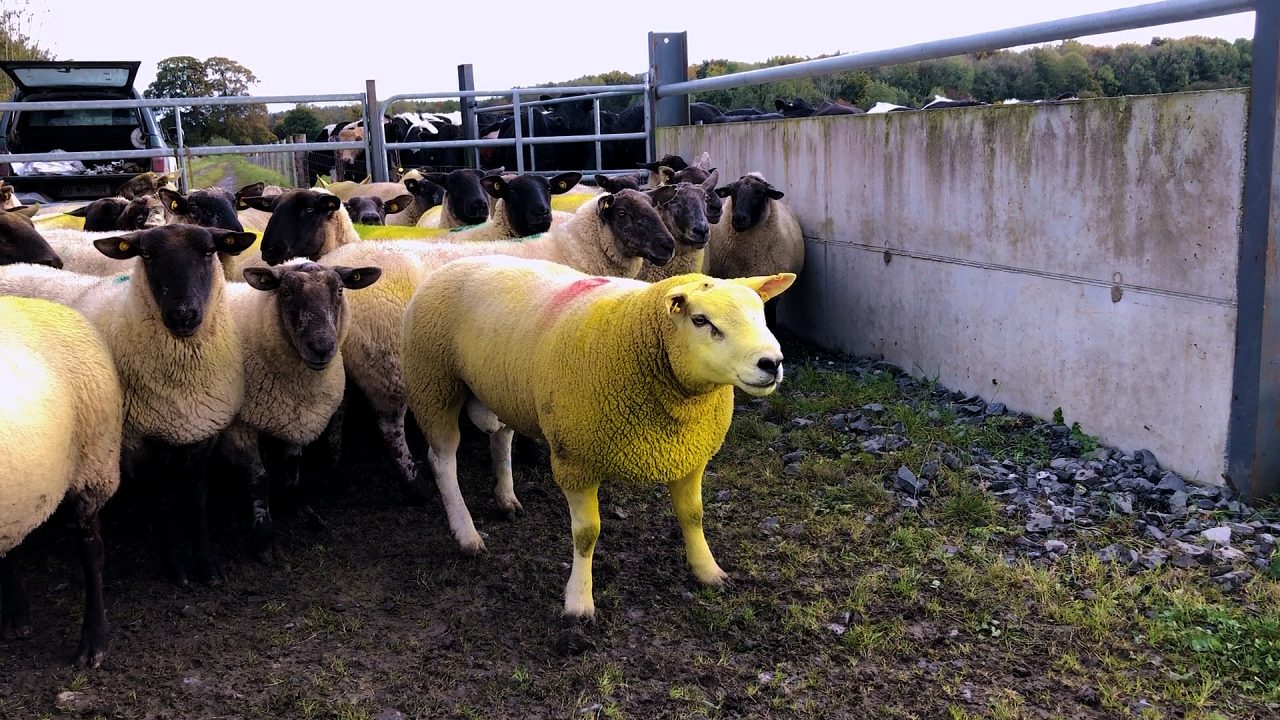Firstly, from a health point of view, in terms of ram lambs, farmers should be looking to administer a dose for worms, because they will pick up a worm burden during the mating period.
An effective wormer, that works on your farm, should be used. So dung sampling is the best way to identify what dose will work on your farm. Then other health issues, such as fluke and lameness, should also be taken into account and treated.It has been a mild and, at times, wet back end, so liver fluke will be a problem on farms. Lameness, as always, is a never-ending issue and rams should be treated if they are lame. It is also important to vaccinate rams against clostridial diseases as well.
Furthermore, on the nutrition side of things, if grass supplies are tight, then they should be fed hay or silage outside or indoors. If you have a field with good shelter, it may work out that rams can be left out for the winter, as the majority of shed space will be occupied by ewes. In the case of ram lambs or older rams, if they have lost a good bit of condition, it would be no harm to give them some concentrates – maybe 0.5kg for five to six weeks, just to help them build up some condition. Importantly, the concentrates you feed ram lambs should contain ammonium chloride. So keep that in mind when purchasing meal.
